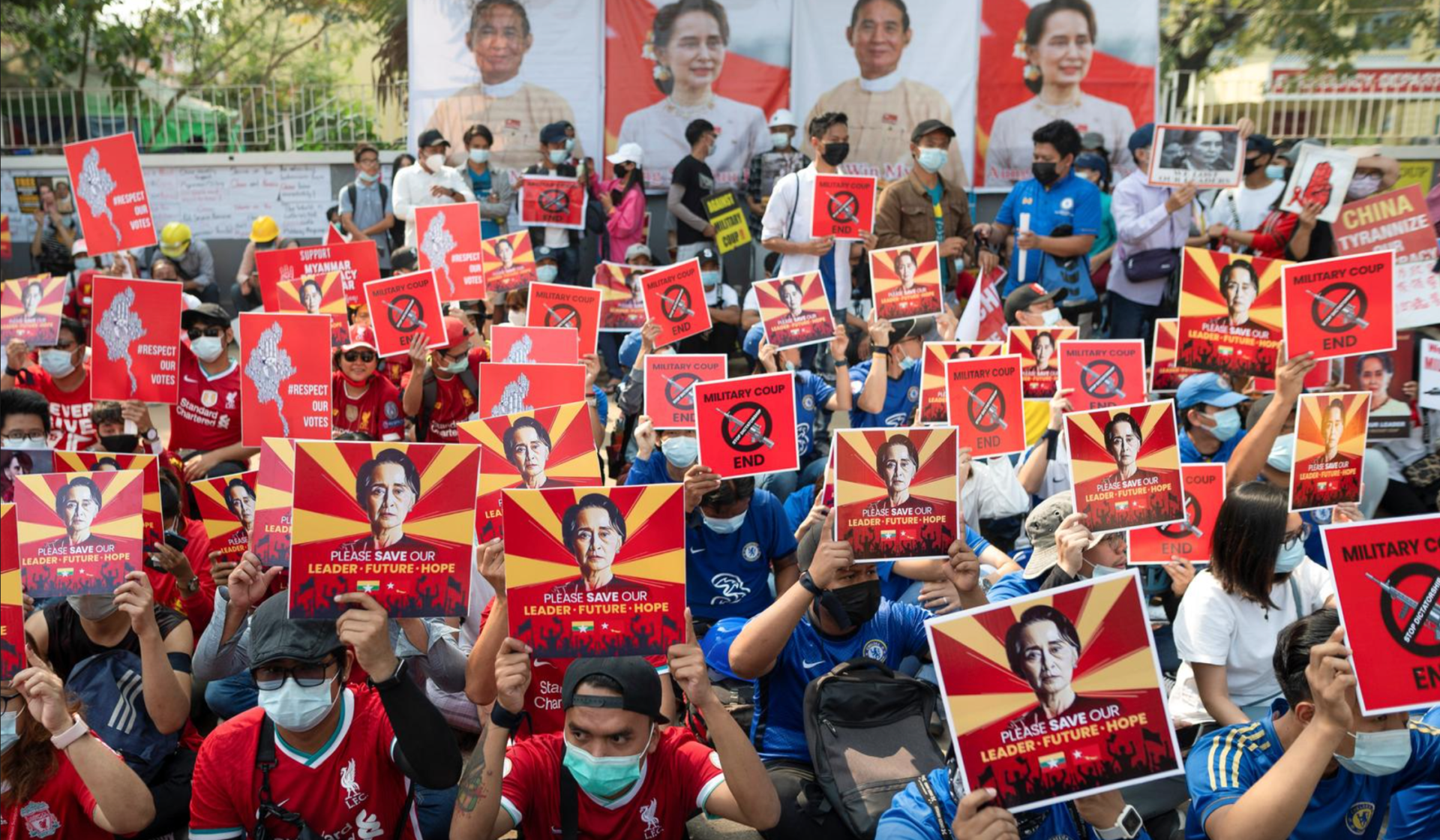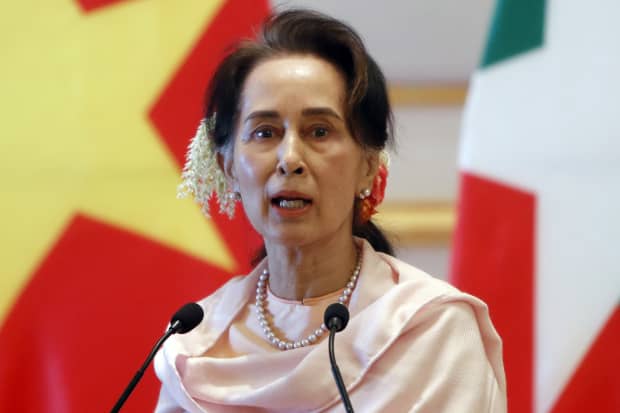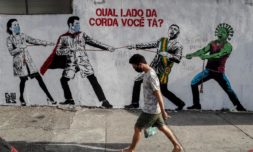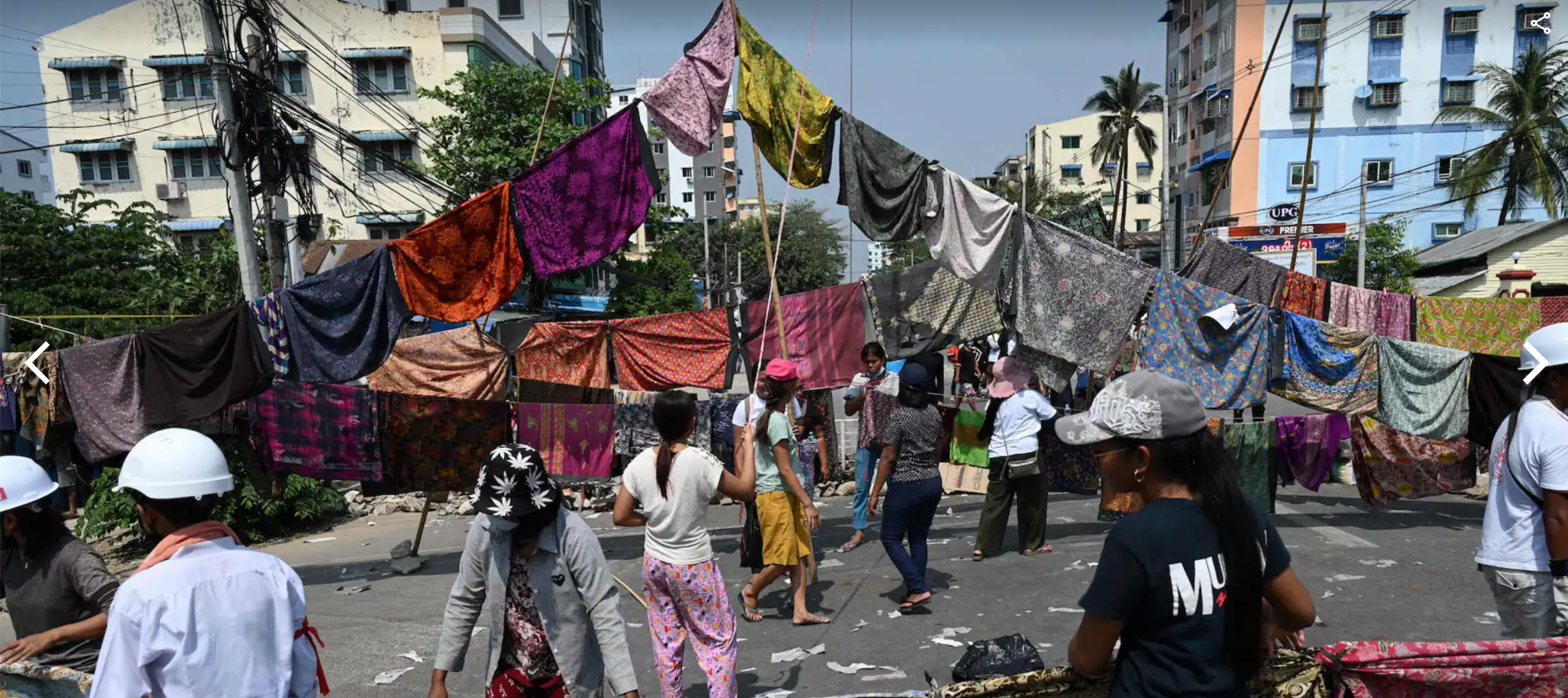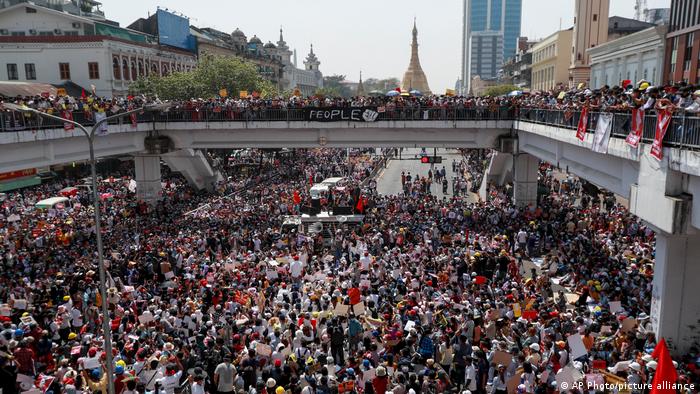More than 50 protestors have now been killed in violence since the general election on February 1 which saw the military seize full control of the country’s government.
In a move the Biden administration has formally declared a coup, Myanmar’s military takeover of the country’s nominally democratic government has led to mounting calls for armed intervention to stop the bloodshed.
But how did this come about?
On February 1, despite Myanmar’s steady progression towards democracy in recent years, commander-in-chief of the Tatmadaw (as the military is officially known) Min Aung Hlaing took power, declaring a year-long state of emergency and detaining civilian leader Aung San Suu Kyi along with hundreds of members of her National League for Democracy (NDL) party.
Though Myanmar has gone back and forth between military and civilian leadership since 1948, the Tatmadaw has long wielded significant political influence, but not without global interference.
For decades, the US and other nations have placed sanctions on the country – such as cuts to the already small amount of foreign aid they provide – in an effort to compel generals to enact pro-democracy reforms. In 2011, this resulted in the military finally ceding some of its power to civilian leaders.
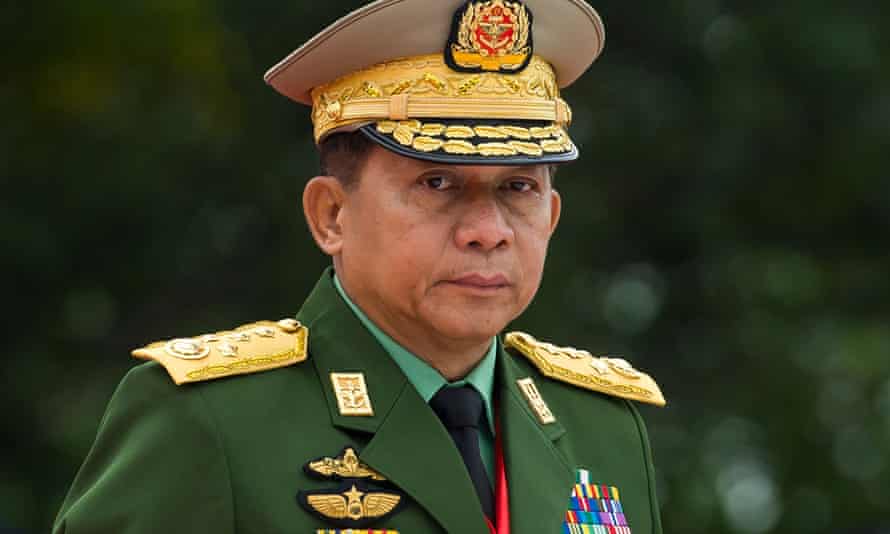
This meant it began to govern alongside Suu Kyi, a Nobel Peace Prize winner who has received international support for her relentless advocation for democracy, including during the 15 years she spent in detention after organising rallies calling for free elections.
However, upon becoming Myanmar’s top civilian leader, she did not challenge the military on its 2017 campaign of genocide against the Rohingya people – a Muslim ethnic minority group who are considered illegal immigrants by the country.
Regardless of widespread condemnation, Suu Kyi even defended their actions and refused to acknowledge accounts of atrocities in the Court of Justice, her reputation as a beacon for human rights suffering greatly as a result.
Yet she remains wildly popular.
Accused of doing nothing to stop crimes against humanity by Western societies, a recent survey found that 79% of Myanmar citizens still had trust in her – most of them Buddhist who hold little sympathy for the Rohingya.
For this reason, it’s no surprise that her party won the parliamentary elections in November 2020 with a sweeping victory that gave her a mandate to pursue various changes, particularly one further restricting the military’s role in governing Myanmar. Viewing this as a direct threat to his power, Hlaing claimed, without evidence, that the election was fraudulent and thus, the coup was launched.
What has transpired?
The military has subjected Myanmar’s people to intensifying brutality since seizing power and deposing the civilian government led by Suu Kyi. Following this ‘serious blow to democratic reforms,’ as UN Secretary-General António Guterres refers to it, a wave of demonstrations demanding the restoration of democracy and release of arrested leaders have taken place across the country.
But, while majority of them have been peaceful, according to information corroborated by the UN, more than 50 protestors (the death toll is in fact likely to be much higher) have now died at the hands of the junta security forces which, unable to quell the strikes and supress civil disobedience, opened fire.
‘They aimed at the heads of unarmed civilians,’ a protester told Reuters.
‘They aimed at our future.’
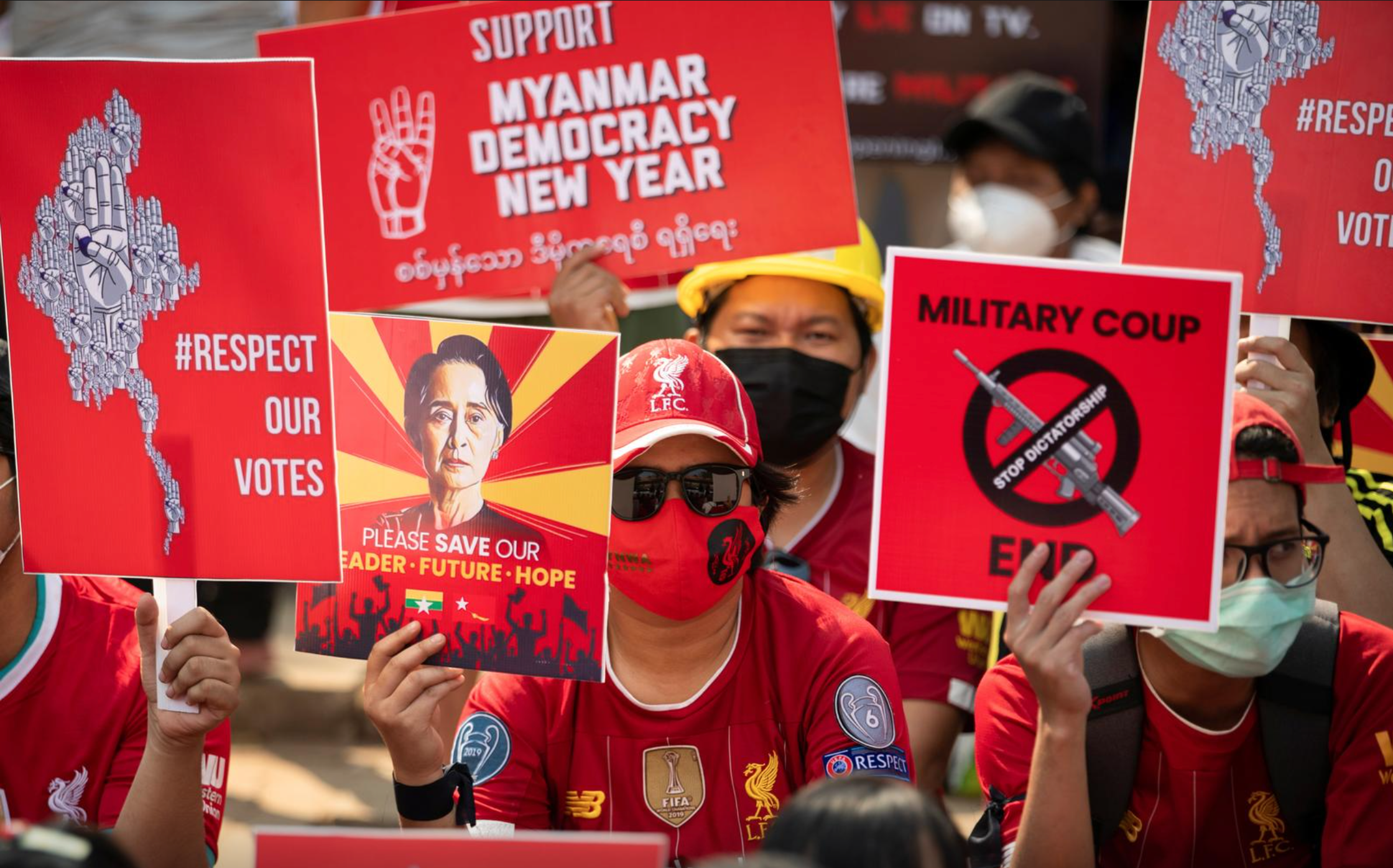
Reportedly, authorities have started using machine guns, beatings, and tear gas to try and stop protesters from gathering in the streets.
Images and videos streaming out of Mandalay and parts of the commercial capital Yangon show scenes that resemble conflict zones, with security forces firing into crowds and dragging away motionless bodies.
Footage on Wednesday – when dozens were gunned down and 1,200 detained during the worst day of violence since the coup began – also showed police beating volunteer medics with rifles and kicking protesters to the ground.
It was on this day that 19-year-old Angel was shot in the head, an image of her wearing a t-shirt stating ‘Everything Will Be OK’ now seared into global consciousness after going viral on social media.
‘They must halt this vicious crackdown on peaceful protestors,’ says Michelle Bachelet, UN high commissioner for human rights. ‘They must stop murdering and jailing protestors. It is utterly abhorrent that security forces are firing live ammunition against peaceful protesters across the country.’










